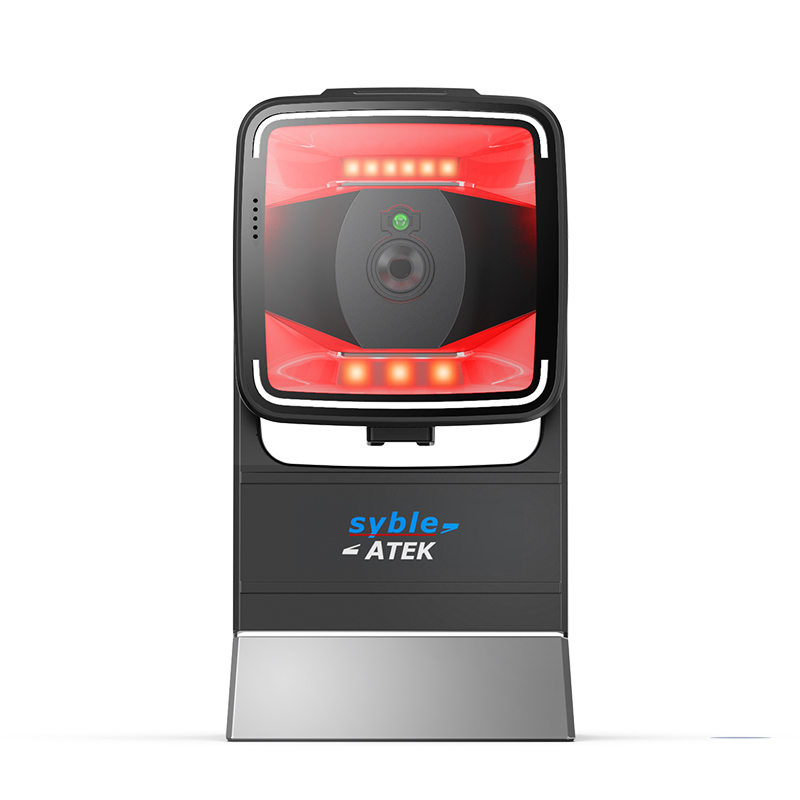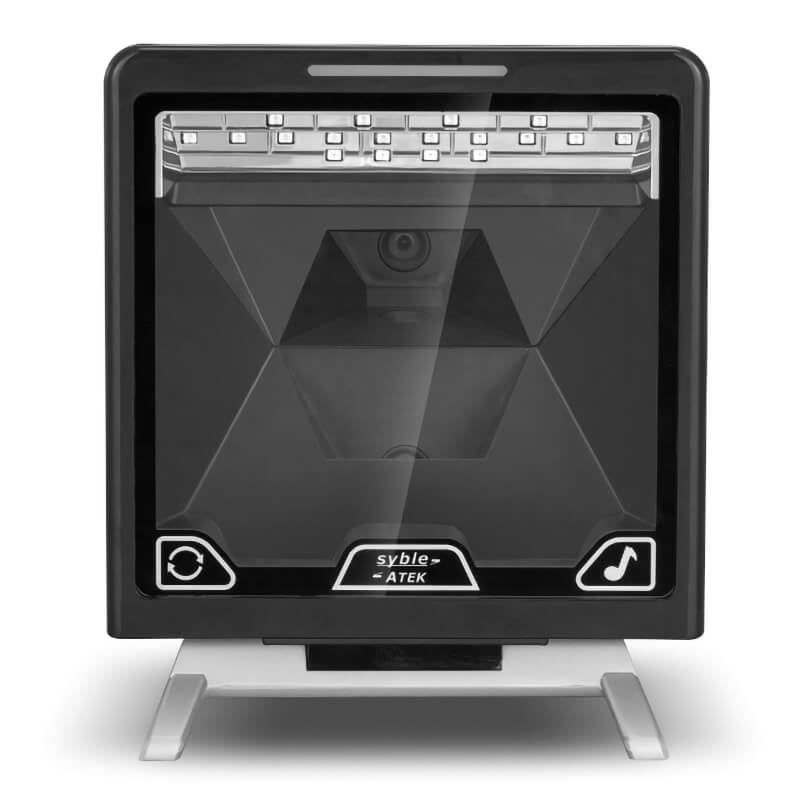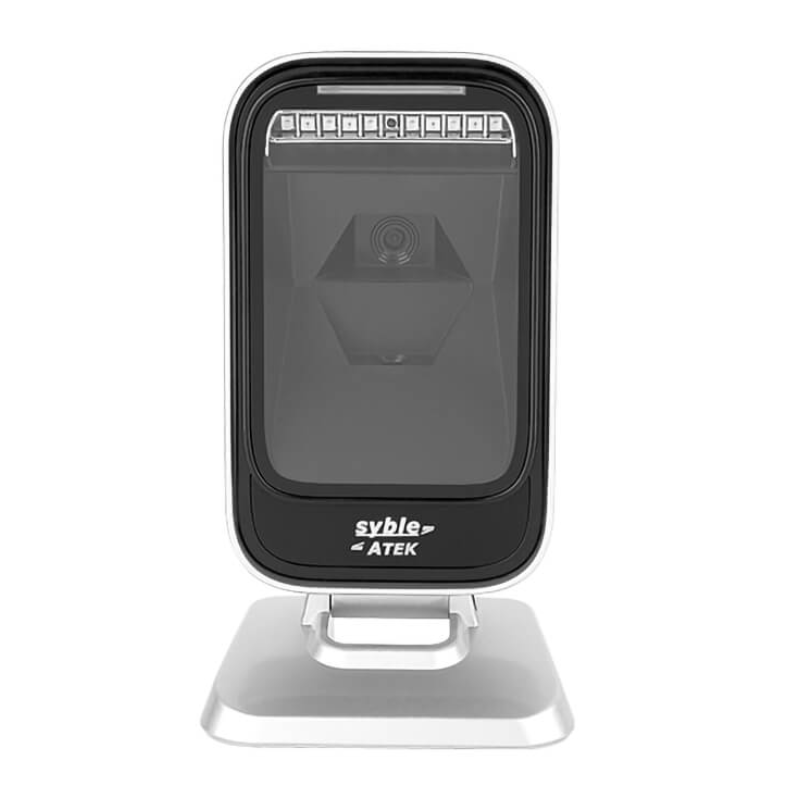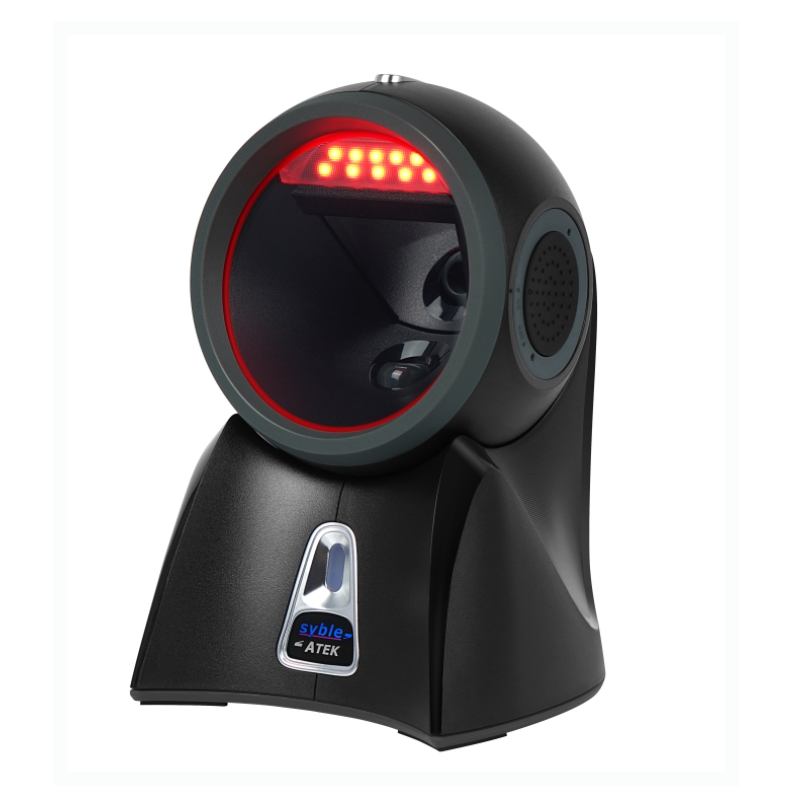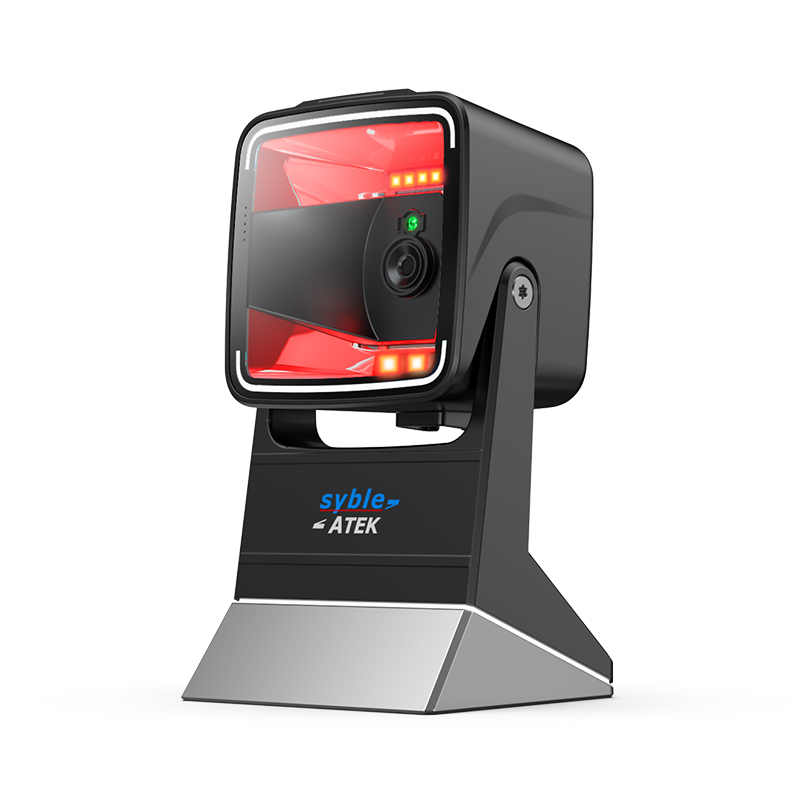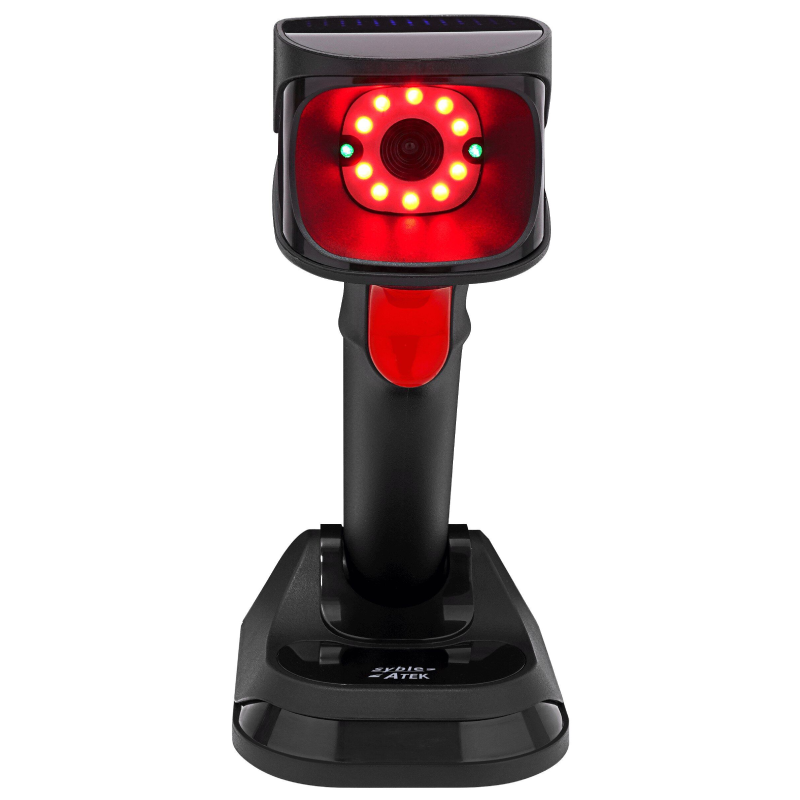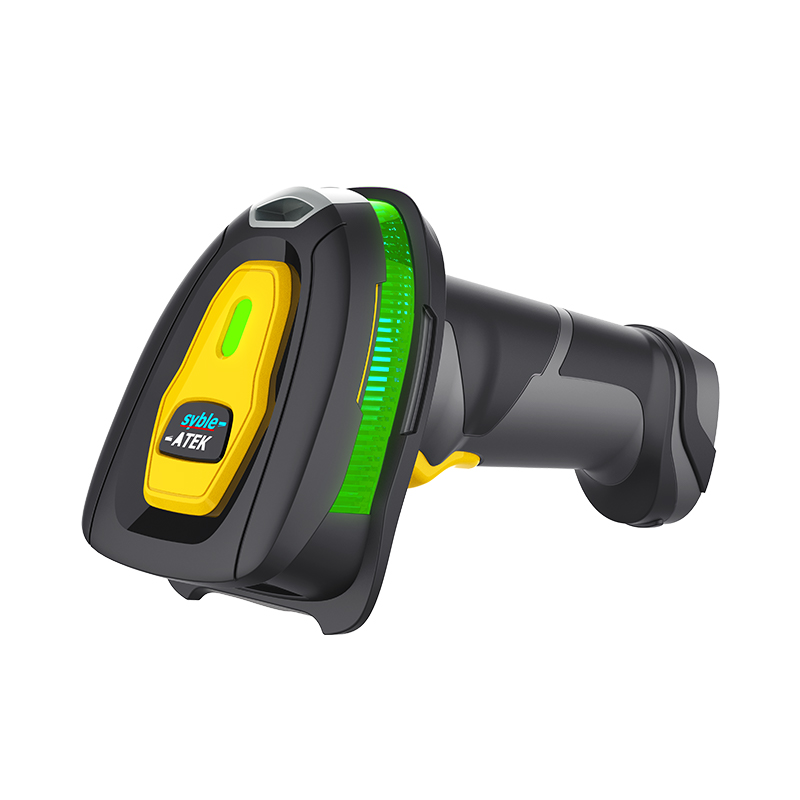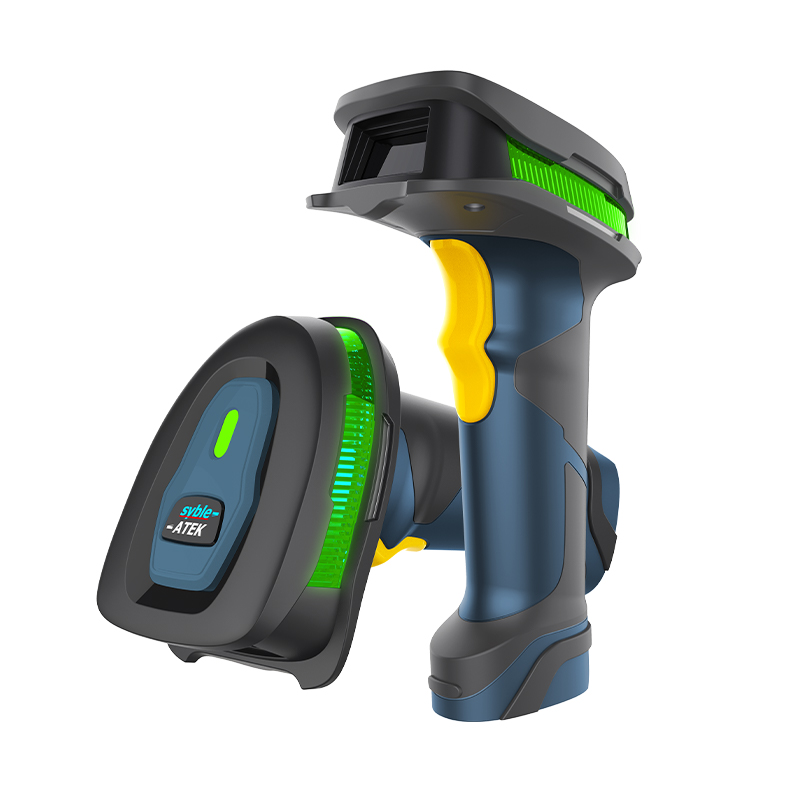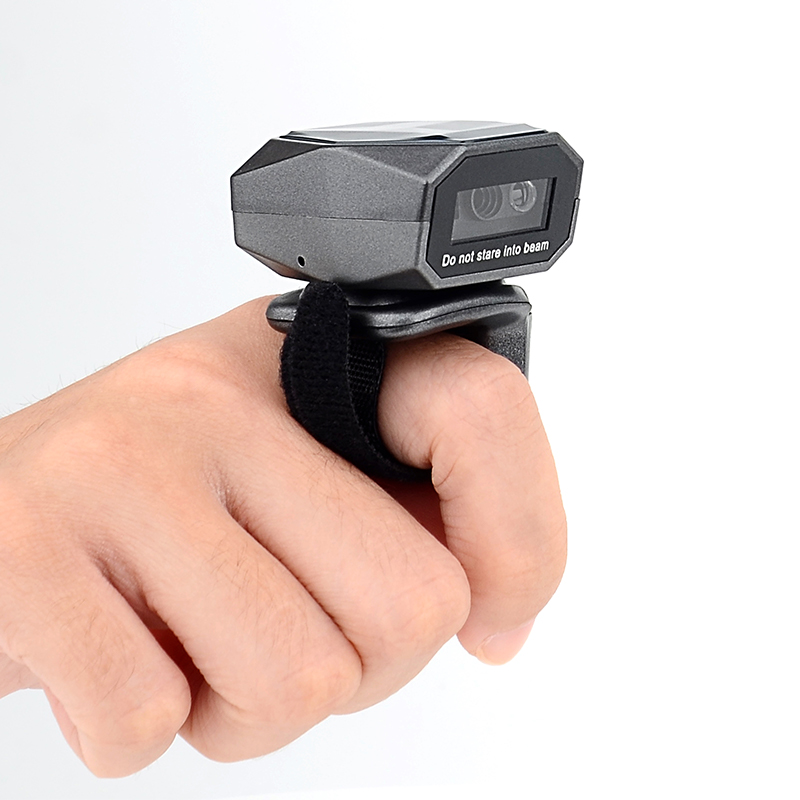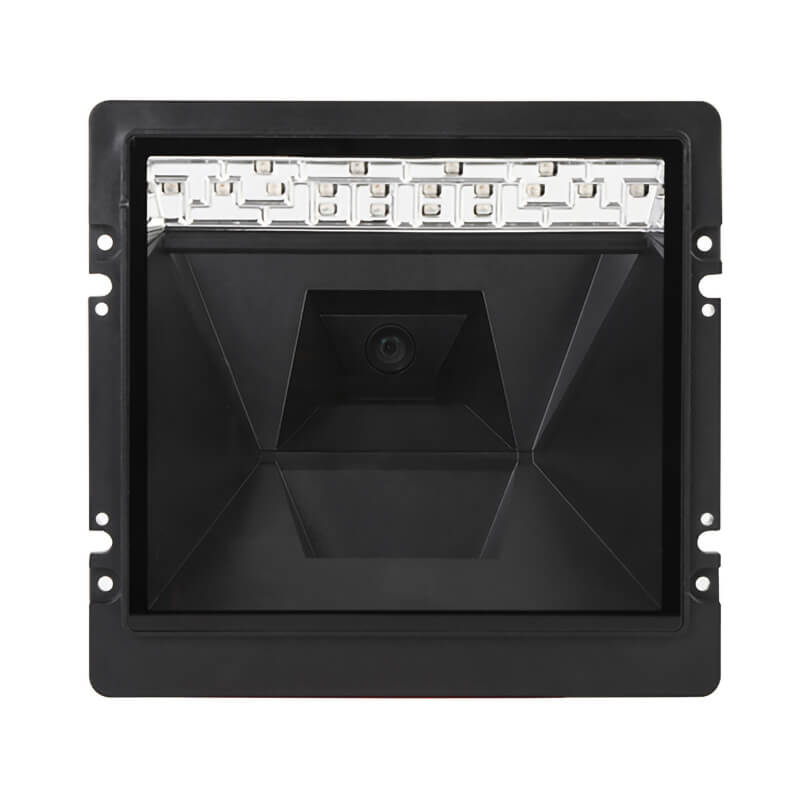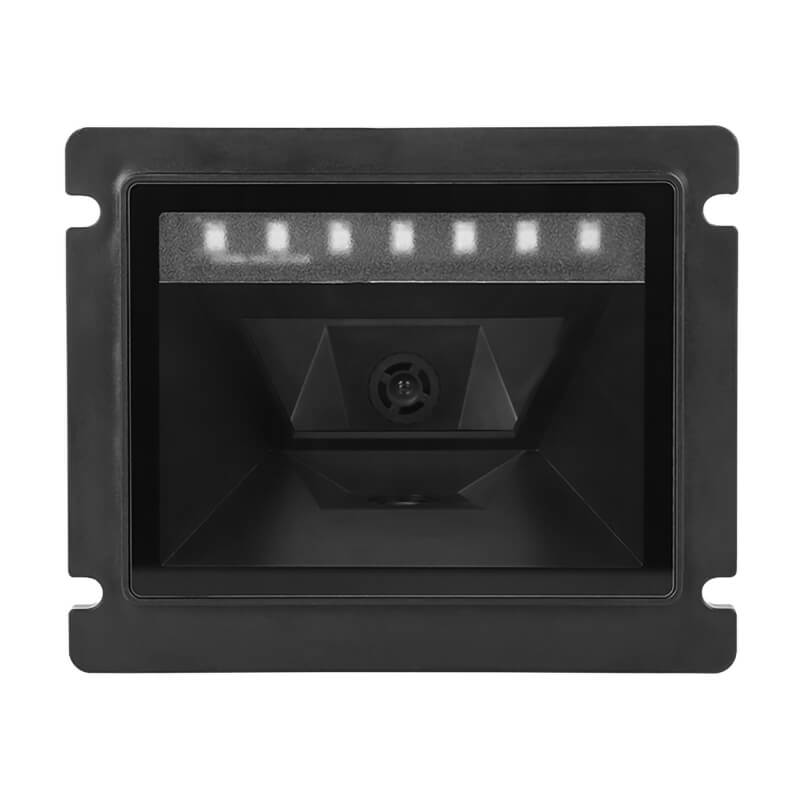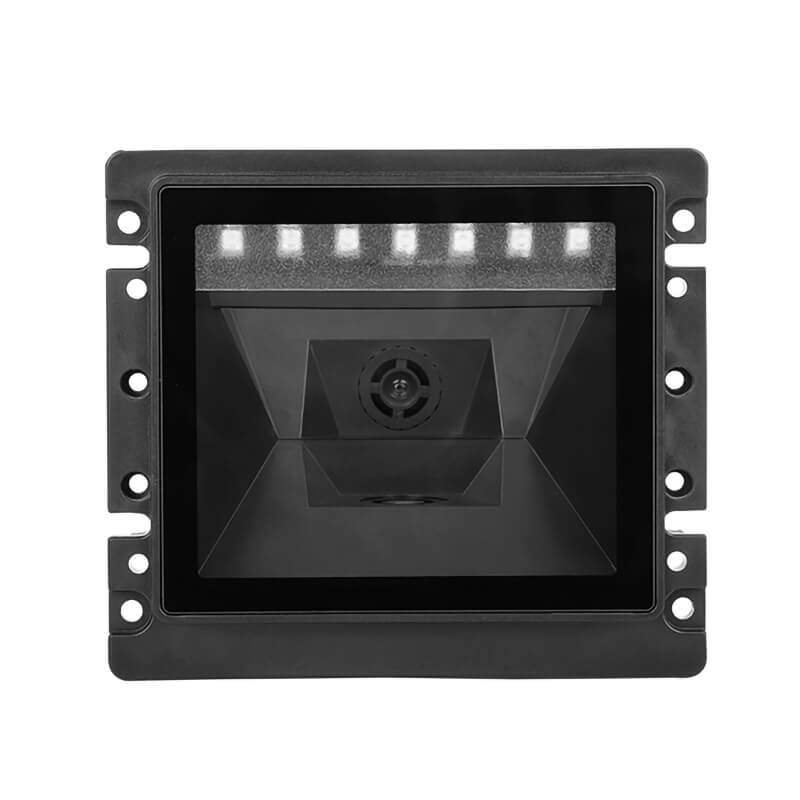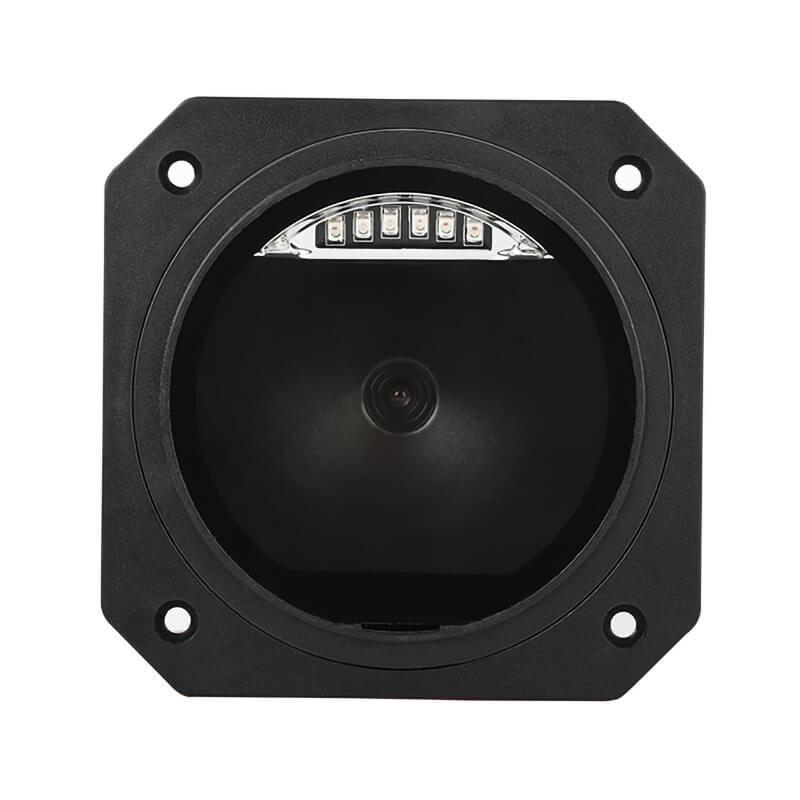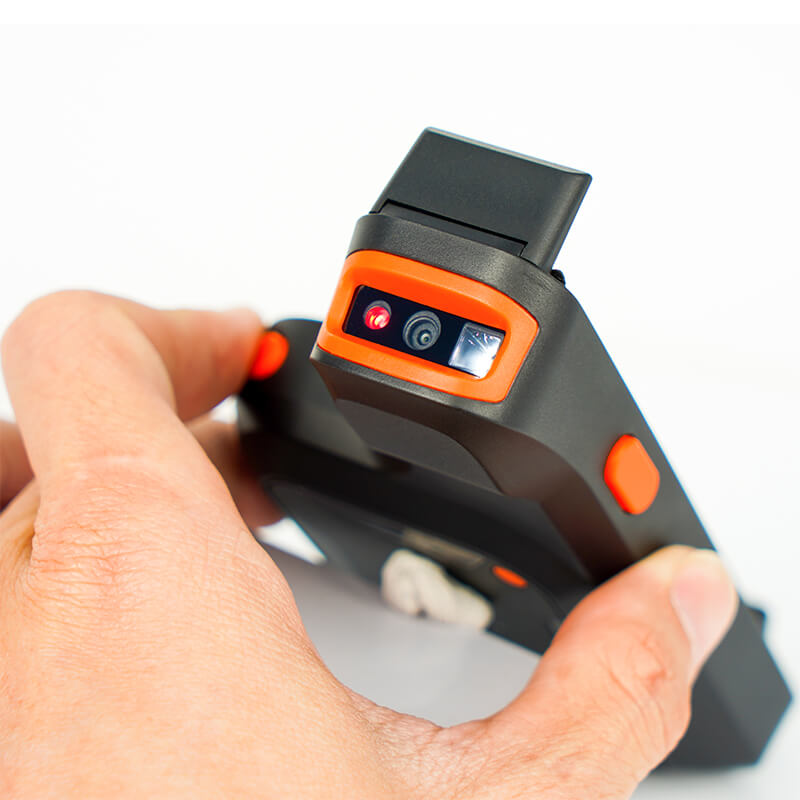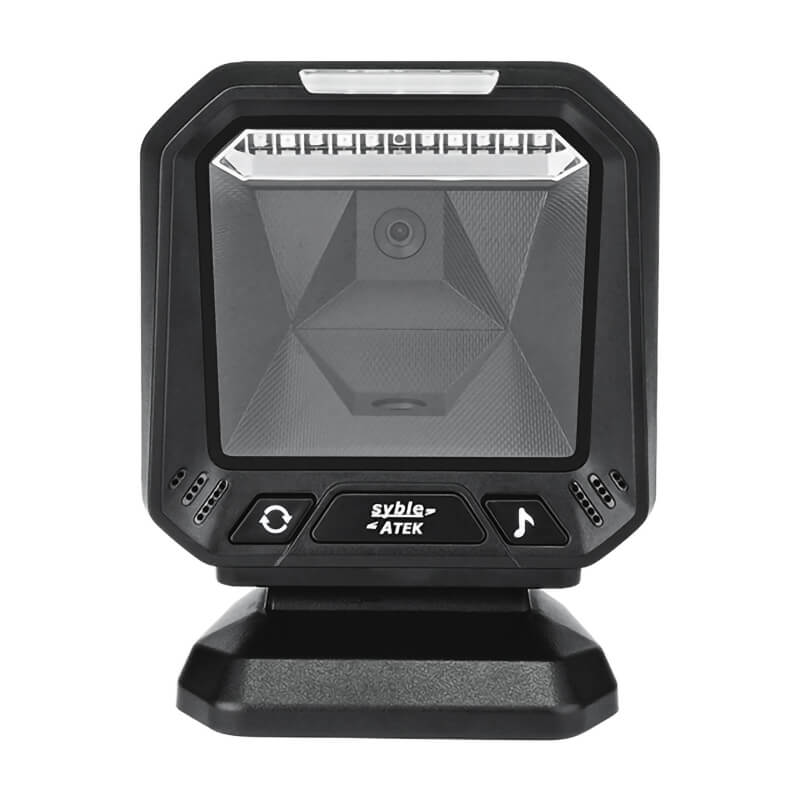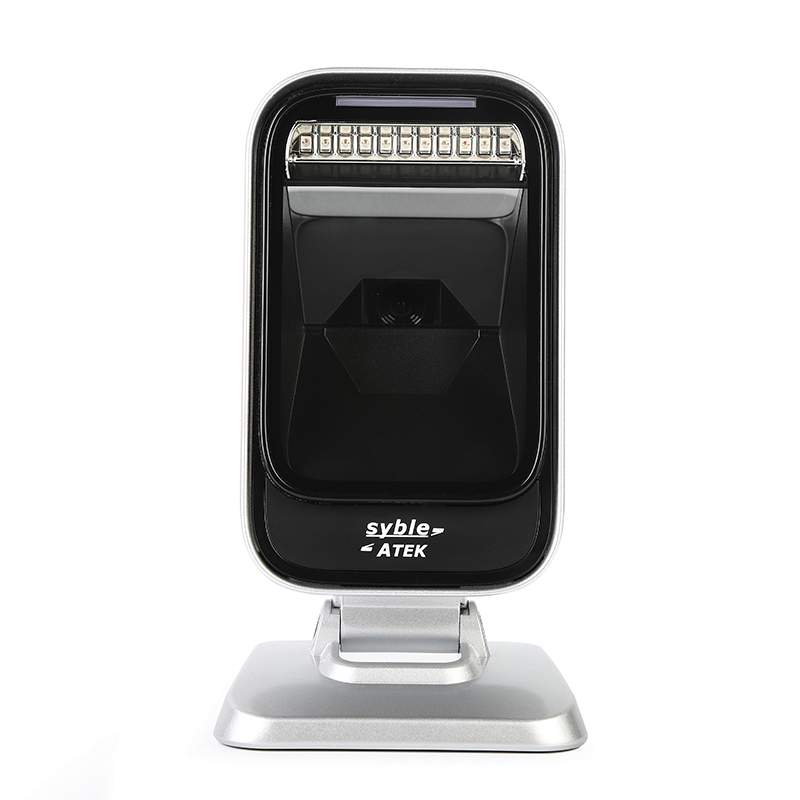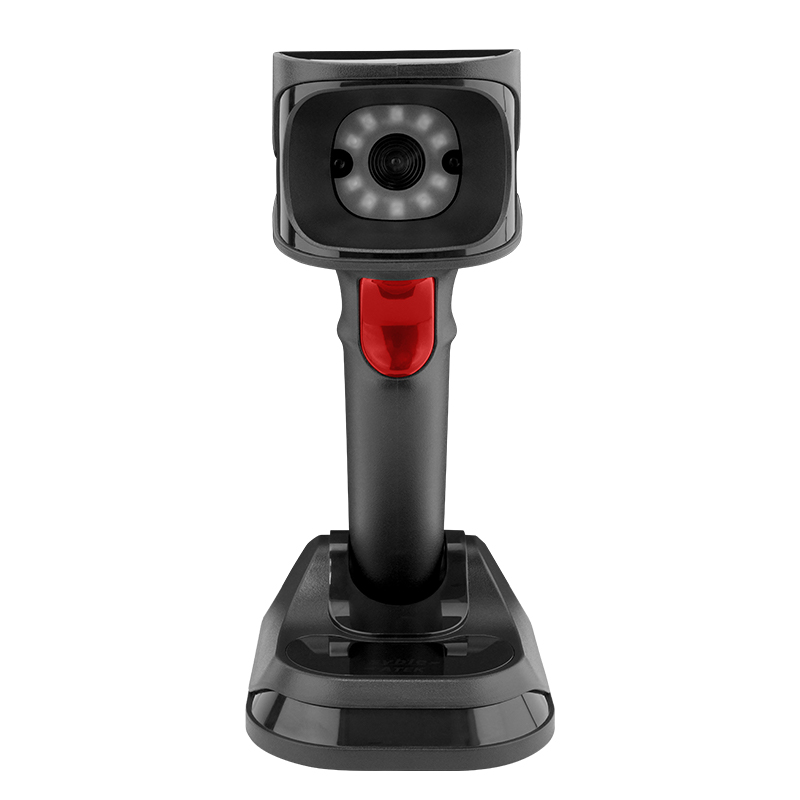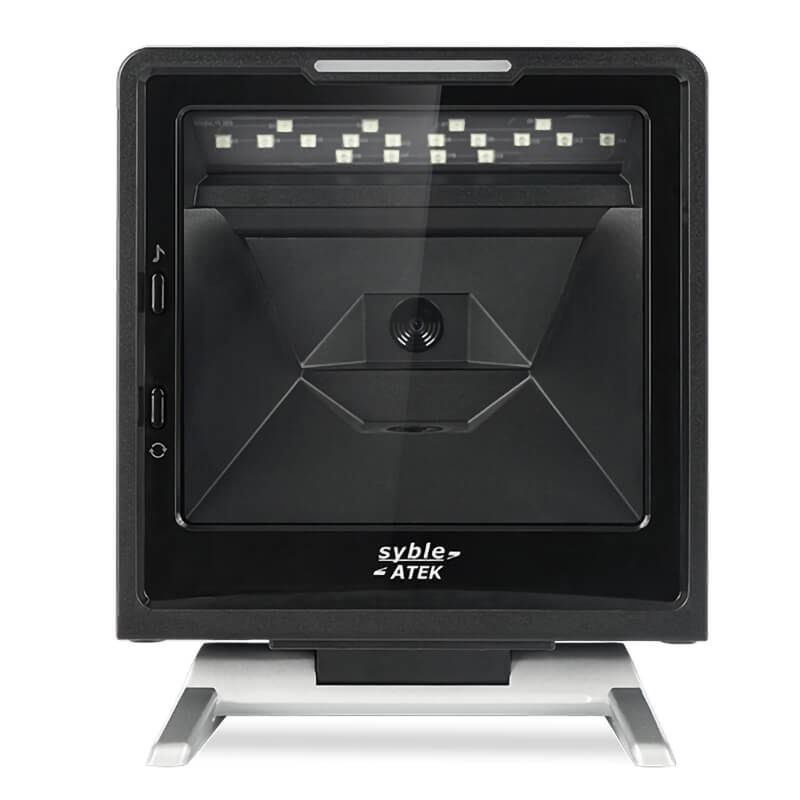As businesses strive to optimize their inventory management and tracking systems, two technologies stand at the forefront: RFID (Radio Frequency Identification) and barcode scanning. Both methods are integral to modern logistics and supply chain operations, yet they differ significantly in their approach and capabilities. This comprehensive guide provides a detailed comparison of RFID and barcode technology, delving into their unique features, operational benefits, and the strategic considerations that businesses must evaluate to choose the most suitable solution for their specific needs.
RFID vs Barcode: A Detailed Examination for Business Applications
As you delve into the world of inventory and asset management technologies, understanding the precise contrasts between RFID (Radio Frequency Identification) and barcode systems becomes crucial. While both serve the fundamental purpose of tracking and management in business operations, diving deeper reveals significant differences in functionality, application areas, and technological advantages. This guide enlightens you on the nuances of RFID versus barcode, aiding in making an informed selection tailored to your business's unique demands and workflows.
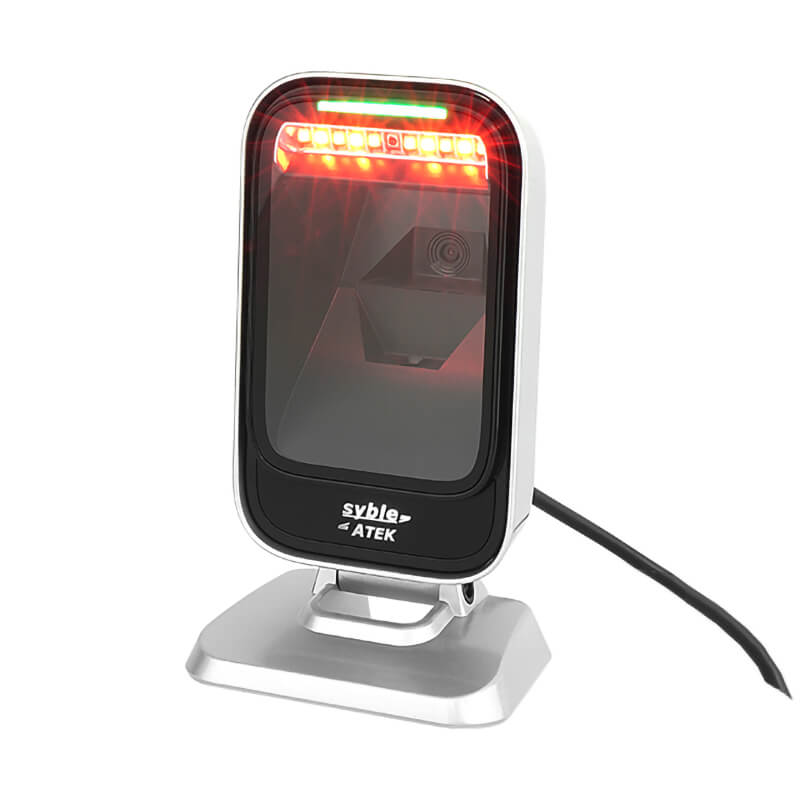
Guangzhou Syble AIDC Equipment
Decoding Barcode Technology: How It Functions
Barcodes serve as a visual method to represent data, featuring distinct black and white stripes with varying widths. Through the use of a laser, a barcode scanner reads these unique patterns and translates them into a digital format that represents the underlying information. This technology is not only cost-effective but also user-friendly and widely acknowledged in diverse industries, from retail to warehousing.
Understanding RFID: The Mechanics Behind the Technology
RFID technology utilizes small electronic tags embedded with an RFID chip and antenna to communicate data. These tags don't require physical contact with the reader; instead, they emit radio waves that an RFID reader (often referred to as an RFID gun) detects and decodes. This enables a faster, contactless exchange of information and is particularly advantageous for real-time tracking and environments where traditional line-of-sight scanning is challenging or impossible.
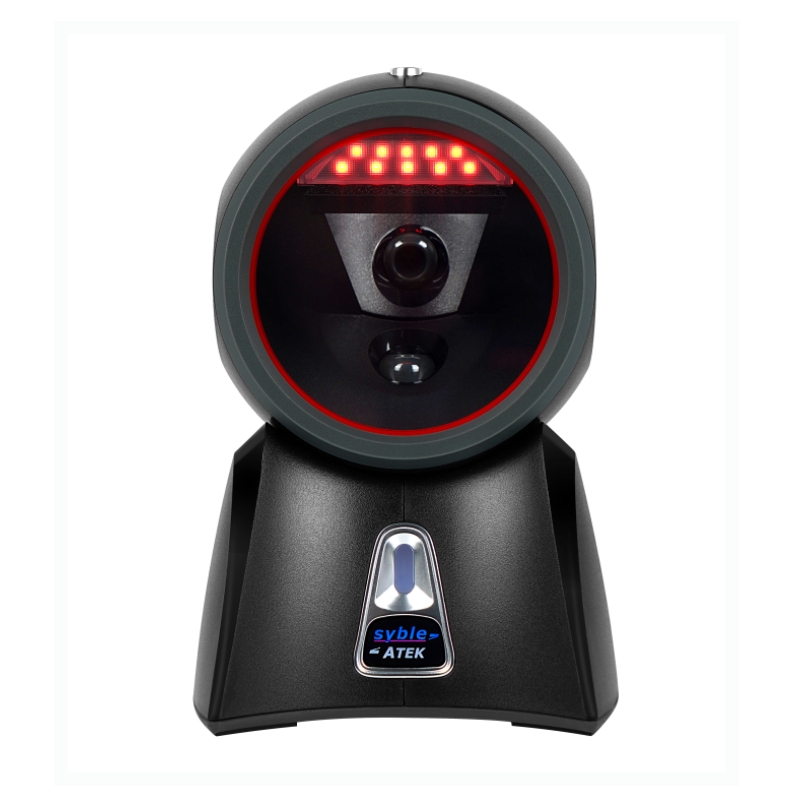
High-Tech Enterprise Barcode Scanner Portable
Advantages Of Barcodes
Here are some common advantages of barcodes:
Cost-Effectiveness: The production and printing costs associated with barcodes are relatively low, making it an ideal choice for businesses of various scales and budgets.
Simplicity and Ease of Implementation: The implementation process of barcodes is relatively straightforward, requiring minimal technical support. This enables firms to quickly implement and integrate this technology without substantial training.
Versatility: Barcode technology is widely accepted and applicable to various scenarios and industries. This universality makes barcodes the preferred tool in fields such as retail, logistics, and manufacturing.
Reliability: The simple structure of barcodes contributes to their reliability by minimizing the likelihood of technical glitches. This dependability is critical for day-to-day operations, especially in high-transaction contexts.
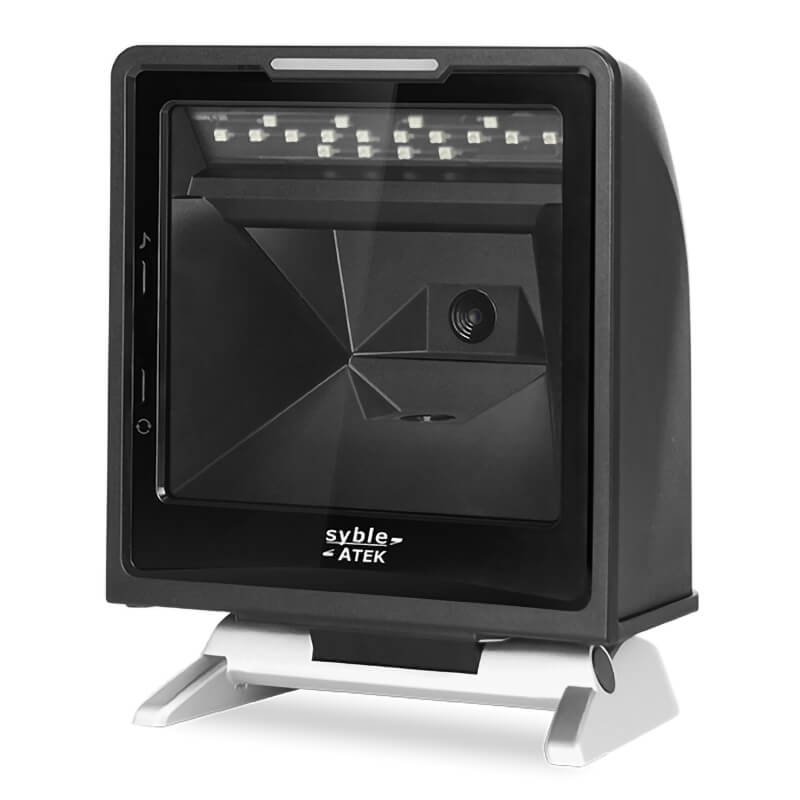
Syble Barcode Scanner For Supermarkets
Advantages Of RFID
Here are the key advantages of RFID:
High-Speed Data Capture: RFID technology possesses the capability for high-speed data capture, reading multiple tags simultaneously, and detecting data over larger distances. This is particularly advantageous in high-transaction environments where efficient data retrieval is crucial.
Non-Line-of-Sight Operation: RFID can operate without the need for a direct line of sight, proving useful in scenarios involving densely packed items, high-speed transportation, or complex environments.
Durability: RFID tags are more durable compared to traditional barcode labels. They are resistant to adverse environmental conditions, lowering the possibility of wear and tear.
Real-Time Tracking: RFID technology provides real-time tracking, which offers a substantial benefit in situations where real-time monitoring and accuracy are critical, such as supply chain management.
Conclusion
In conclusion, when weighing RFID vs Barcode solutions for your business, it's imperative to align your choice with your operational needs, budgetary parameters, and strategic growth ambitions. The difference between RFID and barcode technology goes beyond mere functionality; it extends into their integration capacity, operational efficiency, and long-term ROI. Whether it's the simplicity and cost-effectiveness of barcode guns or the advanced, real-time tracking capabilities of RFID systems, making an informed decision is key. For enterprises searching for dependable barcode or RFID solutions, SYBLE remains at the forefront, offering exceptional products designed to streamline your operations and accelerate your business success.
FAQs:
1. What factors should I prioritize when deciding between RFID and Barcode Scanning for my business?
Answer: The decision should be driven by your specific operational needs, budget constraints, scalability requirements, environmental conditions, and integration considerations. If your business operations are relatively simple and cost efficiency is a priority, Barcode Scanning may be the preferred choice.
2. How do RFID and Barcode Scanning differ in terms of initial costs and long-term investments?
Answer: The initial costs of implementing Barcode Scanning are generally lower compared to RFID. Barcode technology is more budget-friendly upfront. However, businesses should weigh these upfront costs against the potential long-term benefits and efficiency gains that RFID offers, especially in terms of scalability and advanced features.
3. In what scenarios does the speed of data capture become a crucial factor, influencing the choice between RFID and Barcode Scanning?
Answer: The speed of data capture is particularly crucial in high-volume and time-sensitive environments. RFID technology excels in scenarios where rapid and simultaneous data capture is essential, making it suitable for industries with fast-paced operations, such as logistics, manufacturing, and supply chain management.

